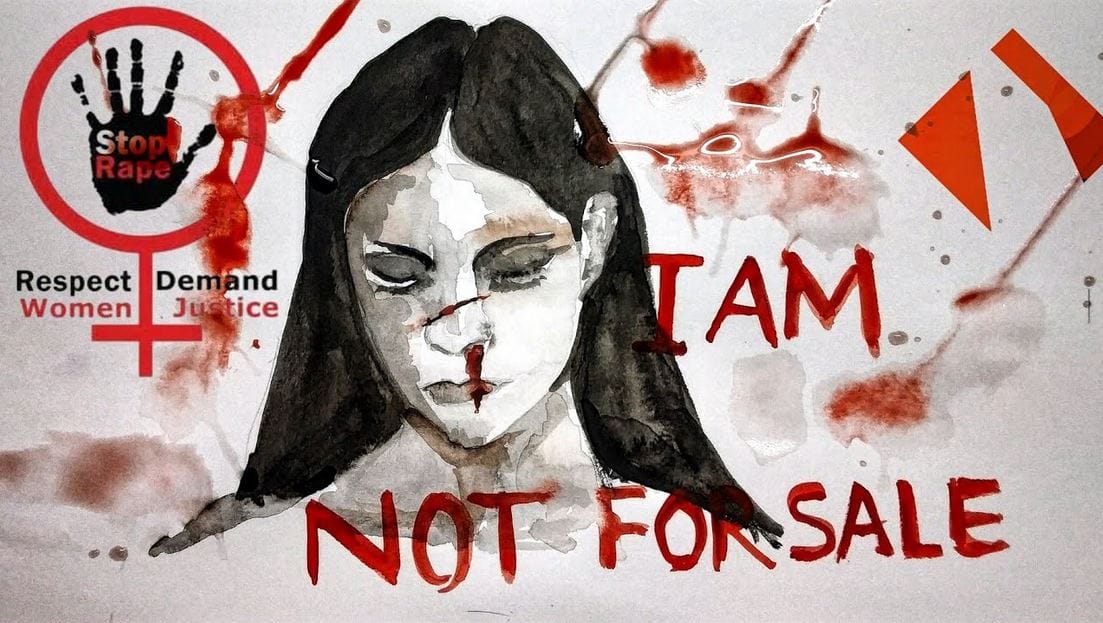Civility in the Face of Injustice

By Sarah Habermaas
Civility has always been a topic of discomfort for me. It was always something that my professors in undergrad pushed, and I agreed with. However, the way that it was implemented and treated, especially by my peers, made me uncomfortable. This was in no small part due to the fact that I was very liberal in a very conservative environment, and I felt silenced. I felt like civility was an excuse to not criticize wrongs or injustices. So when I was asked to write this piece, I hesitated. But after a few hours of reflection, I decided to write this because civility is not the silencing of opposing views that I felt were enforced upon me. It should never be used that way.
Civility can sometimes be misconstrued to become tone policing for those who have reacted in anger upon being discriminated against. I hear rhetoric similar to civility quite often used against queer and BIPOC (black, indigenous, and people of color) people when they get justifiably upset after someone said something awful to them. I question where that energy is for the person who went out of their way to go accost a gay couple on the street and tells them that they are going to hell. I see that energy directed far more often at victims of racism and police brutality than the perpetrators of such injustice. Why are we as a society more concerned with how a black person reacts to police brutality than the way that police who are in a position of power treat black people?
When we react towards the victims rather than the perpetrators, even when we are intending neutrality, we end up picking a side whether we mean to or not. For example, when a woman expresses to a friend that a mutual friend sexually assaulted her, and the friend tries to remain friends with both, there was a choice made whether it was purposeful or not. The woman sees that and will perceive it as not believing her even if the friend isn’t intending that. Not making a choice often comes across as one, whether that is your intent or not. My point is not necessarily that the woman should always be believed (though that is, by and large, my personal opinion, as a disclaimer) but that when you are given a choice between the oppressor and the oppressed, you cannot pick both. Doing nothing only benefits the oppressor. It’s the choice you made, even if by default.
My example is certainly extreme and that’s on purpose to make a point. When trying to enforce civility, you can accidentally pick a side even when you don’t mean to, especially when certain injustices are normalized. There is a danger in attempting to be on both sides that you create a false equivalency and pick one inadvertently. That choice almost always becomes that status quo. I think that all deserve respect, but I don’t think that the onus should be on the oppressed to respect those that don’t respect them. Sometimes civility gets twisted into telling people that they have to react a certain way to injustice, and that is absolutely not what civility is about.
I work as a public defender, which is essentially a court appointed criminal defense attorney for poor people. I see injustice daily. I went in knowing the system is broken, but the system is so much more broken than I ever expected it to be, and even when I tell people that, I often don’t feel like they understand how bad what I see can be. I’m not sure that there are even words to express how awful and dehumanizing that system is, and this is coming from a person who has only been working on the attorney and not client side of it. Injustice is interwoven in nearly every moment in my job. This job is why I am so against policing grief or anger at injustice.
I feel this way because as much as I love my job, it makes me angry or frustrated or sorrowful a lot of the time. I am angry that clients who are innocent may have to make the decision to take a plea and get out today. If you could get out tomorrow on probation or have to wait in jail for months if not a year for a trial (which is very possible as my county has only been able to conduct limited jury trials for a few months of the last year), what would you decide? If that decision means keeping your job and not losing custody of your children, would proving your innocence really be that important? Kalief Browder was a minor when he had to make that decision and he chose to go to trial. He waited 3 years, 2 of which were in solitary confinement. His accused crime? Stealing a backpack. That case never even went to trial and was dismissed. Even though that story sounds like it has a happy ending because he got his freedom, it doesn’t. He might have had his case dismissed but what happened stayed with him and he committed suicide. He’s now known because putting children in solitary was fought in New York in his name. But I have to ask a question. Why were we doing it in the first place?

I’m angry that Covid is wreaking havoc on jails which is why 8 out of 10 prisoners in Texas jails, who have died from Covid, were not convicted of a crime. I lose a year off my life every single time I see a person in jail with one of their crimes charged as failure to stop at a stop sign or some other similar type of traffic violation. It’s never the only charge, but it feels so ridiculous every time I see it.
I am sad that the system is operating exactly the way it was designed to, which is to not protect people’s rights.
You would be shocked at how many rights you think you have that you don’t. You don’t have a right to a court-appointed attorney unless you’re impoverished and you can prove it. The case that gave that right to the impoverished was Gideon v. Wainwright, which was handed down in 1963. My grandparents were all adults before that very limited right existed everywhere in the country. I am upset when a domestic violence victim ends up in jail for defending herself. I grieve because it’s often worse than I can express, and I’m not sure if it can be fixed sometimes.
But I will not be made to feel sorry for this anger and fight because it’s rooted in love and caring for the people I’m tasked to help. Love is not passive. Love seeks justice and to right wrongs. I think civility has to have room for that and can’t be reduced to enforcing niceness, which I occasionally felt like it was in undergrad.
Respecting other people sometimes means fighting for them. Civility doesn’t mean I have to treat homophobic, racist, or sexist views as okay and as valid points of view. For me, civility means that I have to express that those views are unacceptable and that others need to be treated with respect. Otherwise, I’m allowing an uncivil bigot in my midst and that’s not something I desire. Passion, fight, and civility are plenty compatible so long as we allow them to be. Civility is more than niceness and being polite; it’s trying to create a world that respects everyone, and we have to be proactive in making sure that’s the world we’re actually creating rather than one that we are merely more comfortable with but does nothing to address the wrongs and disrespect around us.
The views expressed in this guest article do not necessarily reflect the views of the staff of The Civility Initiative. The purpose of guest articles is to to help our readers more fully understand and see current issues from as many different vantage points as possible.

About The Author: Sarah Habermaas is a current 2L at the University of Cincinnati Law School, where she is originally from. She got her BA in Political Science from Brigham Young University-Idaho in 2019. Her goal is to become a career public defender in Kentucky where she currently interns and has long joked that her dream job was to be a professional social justice warrior.
